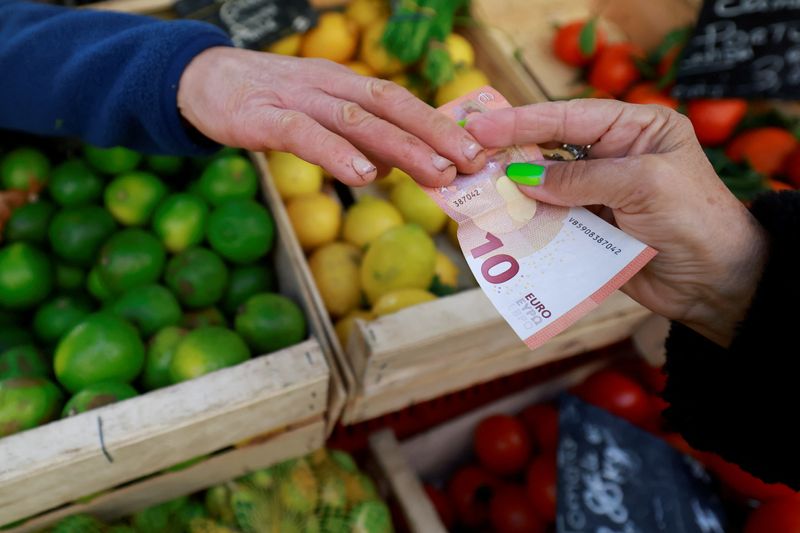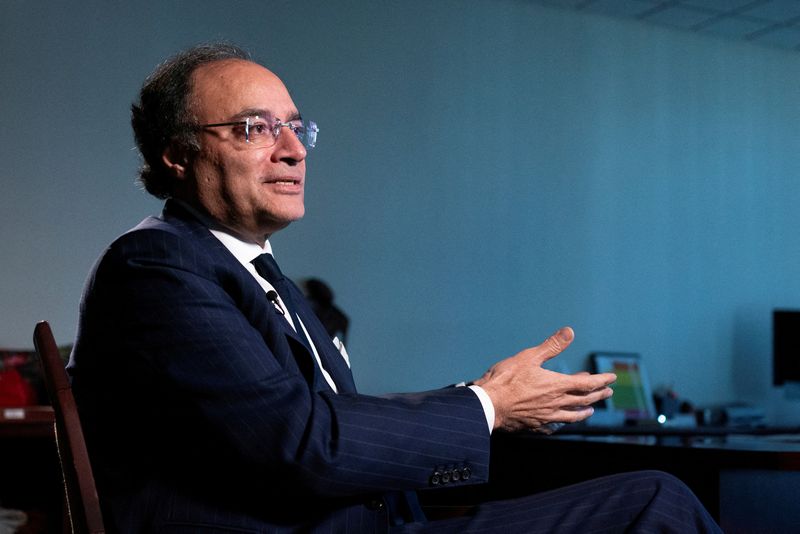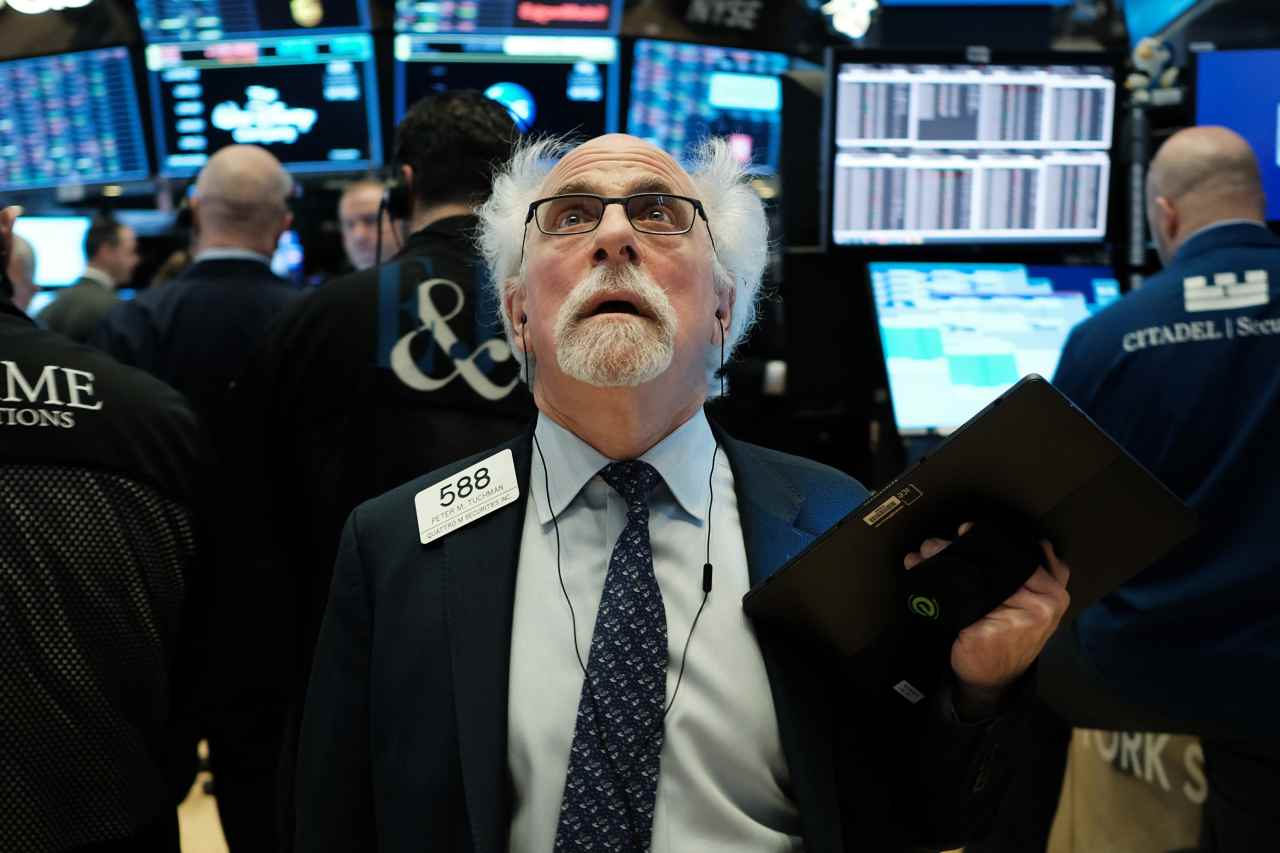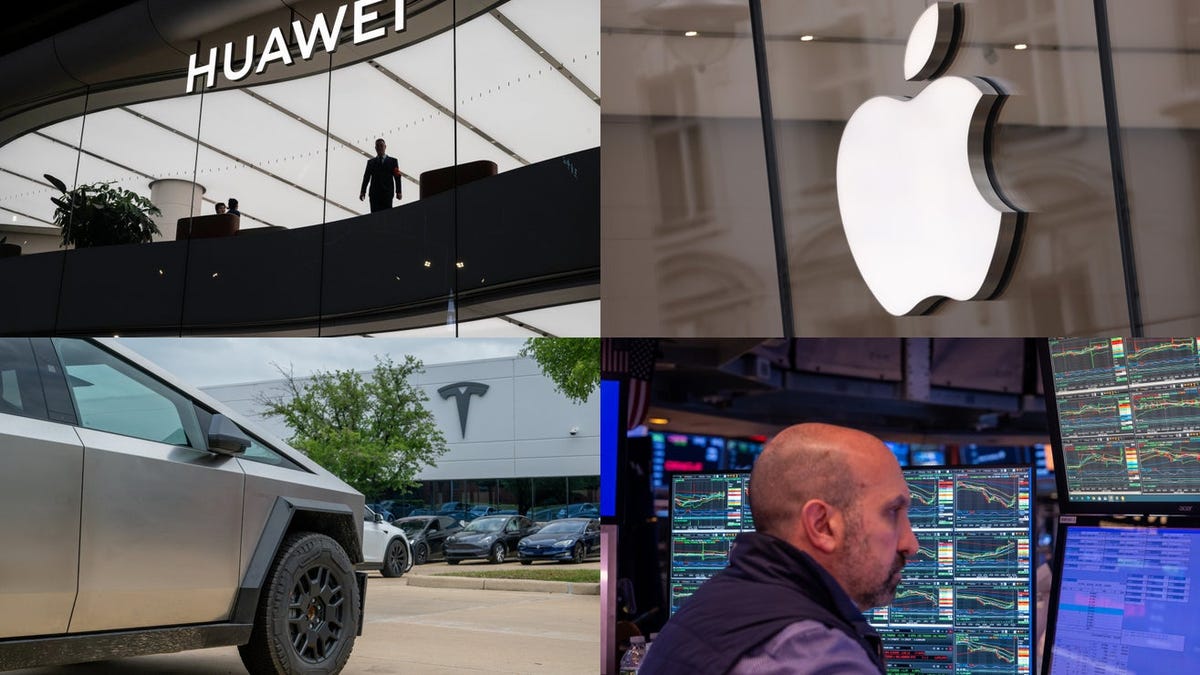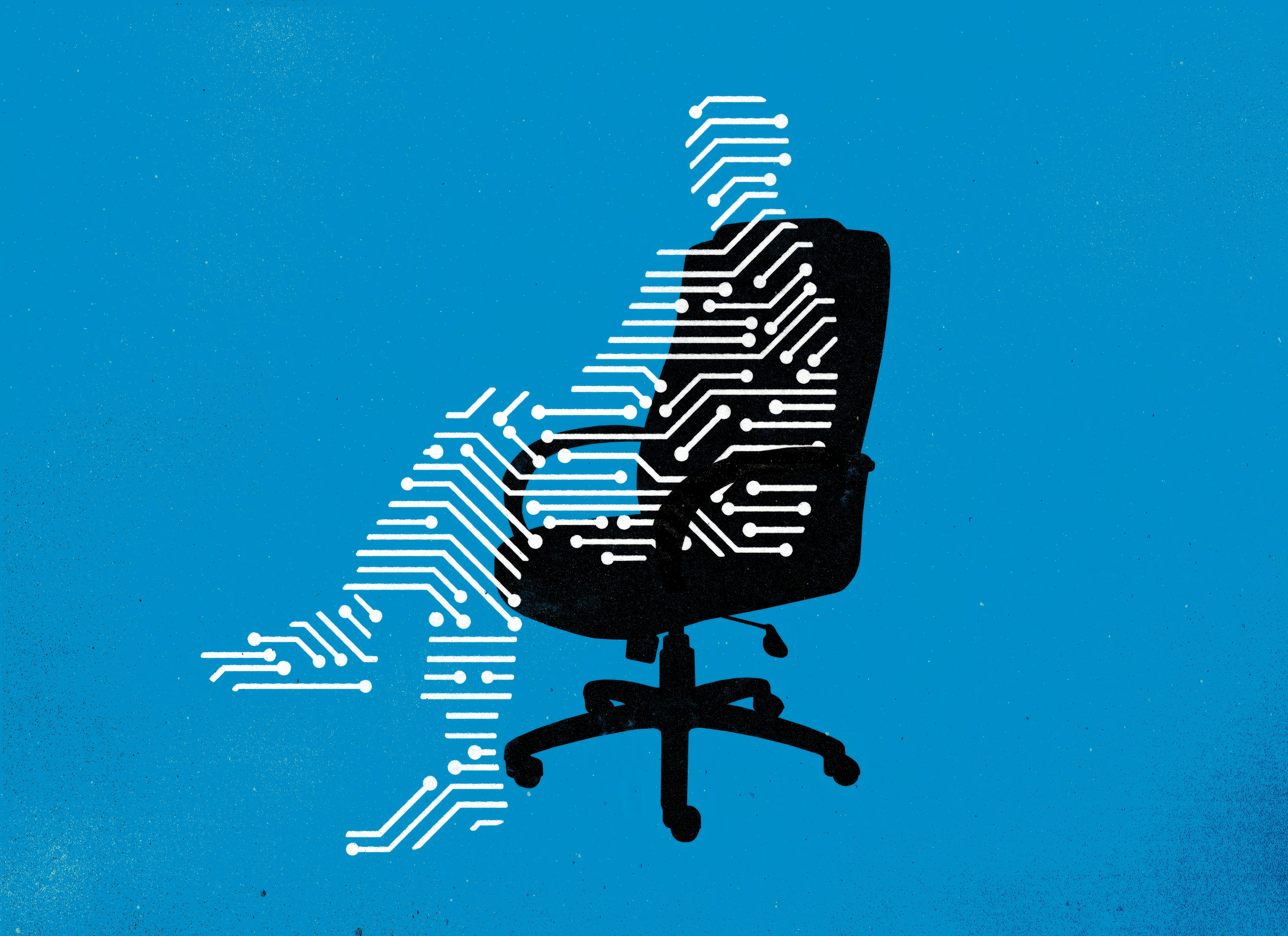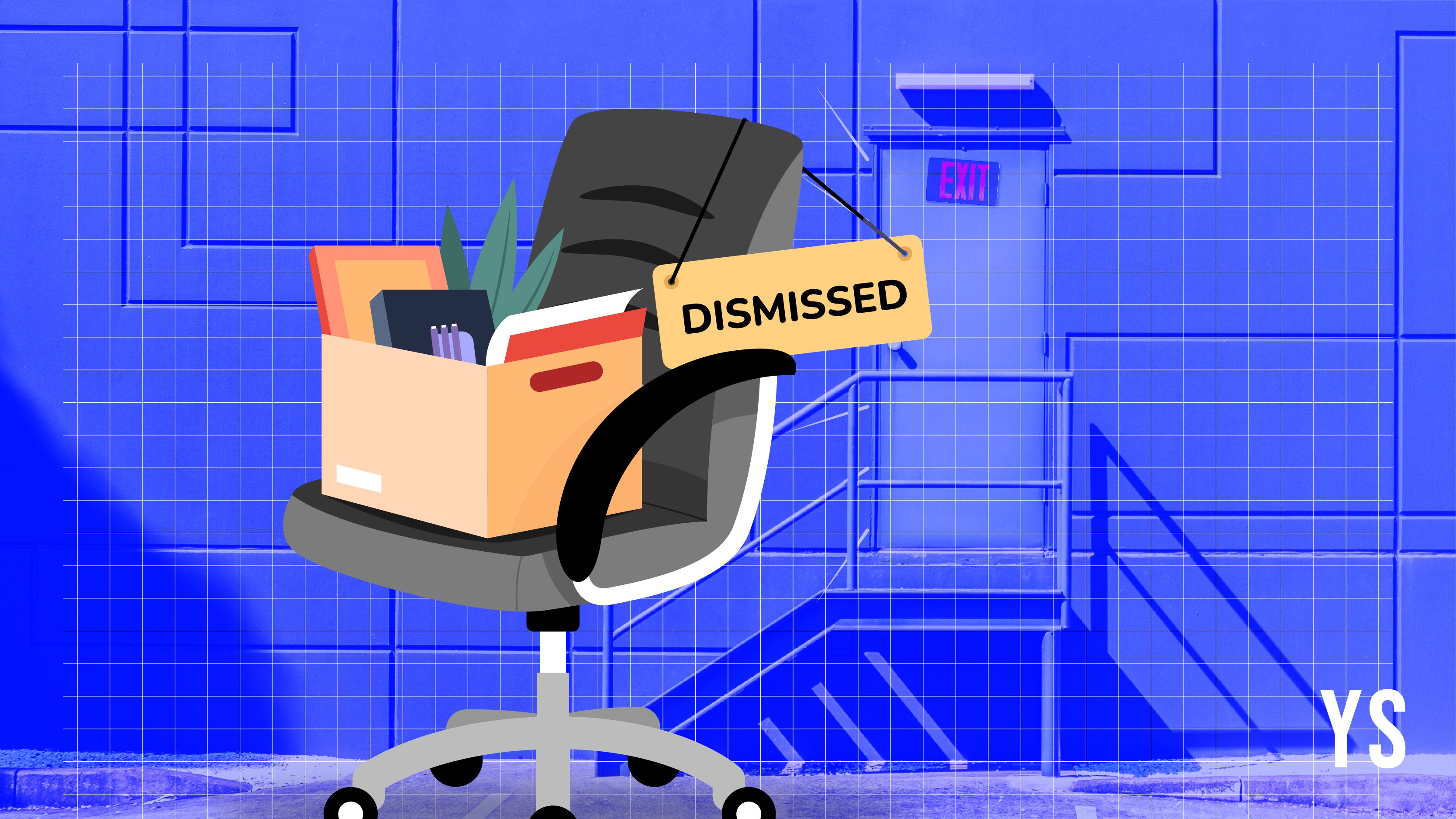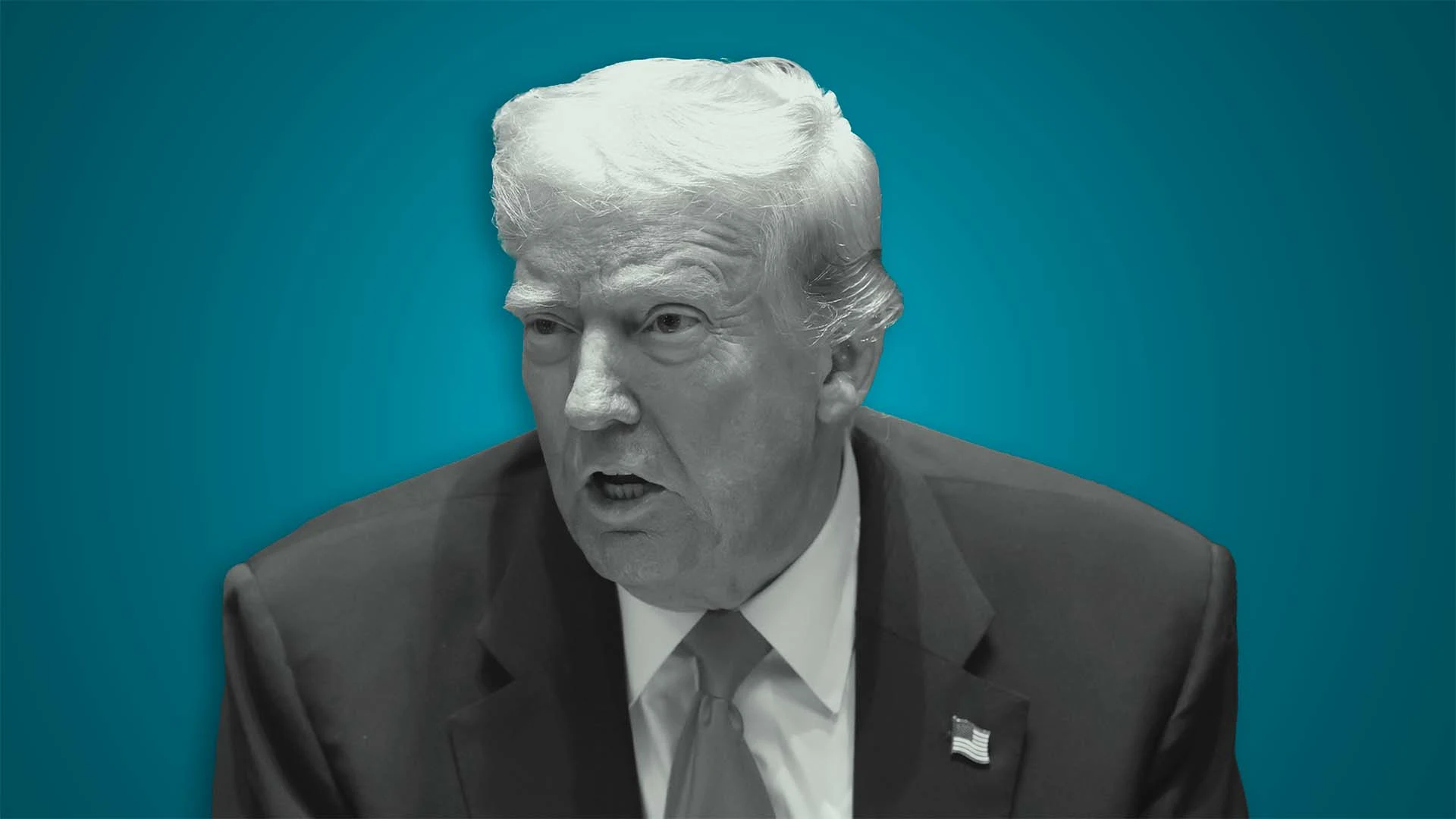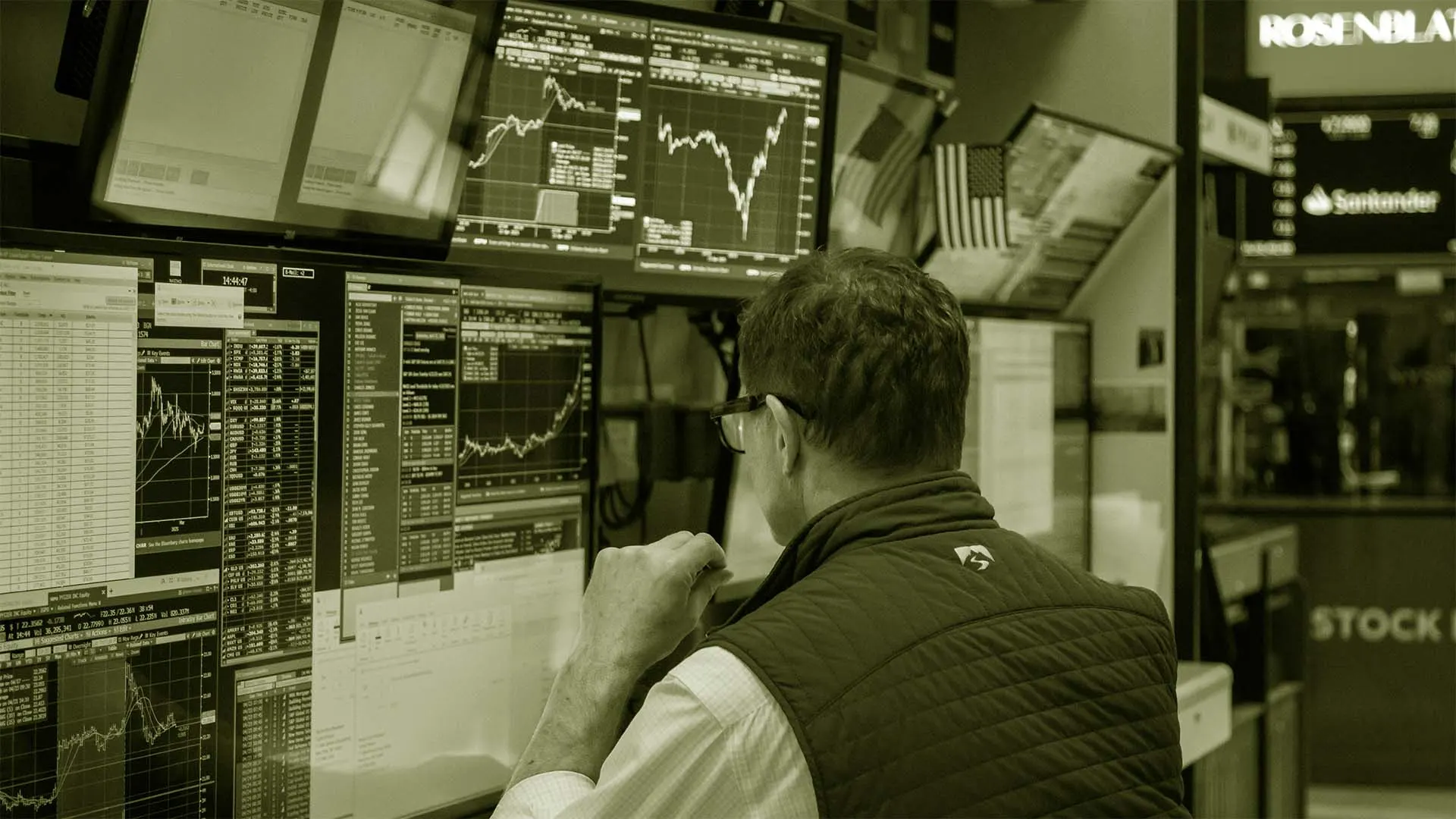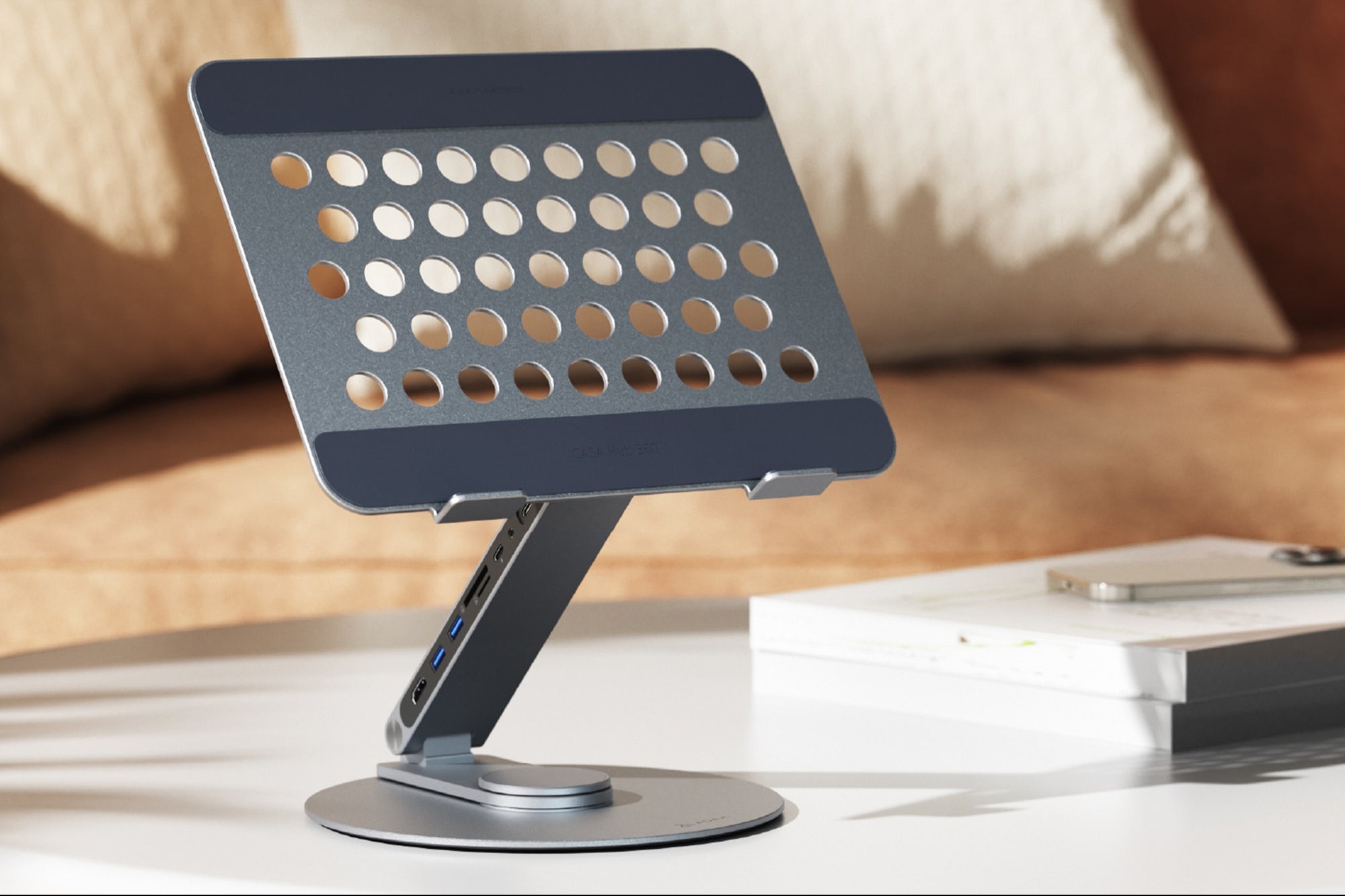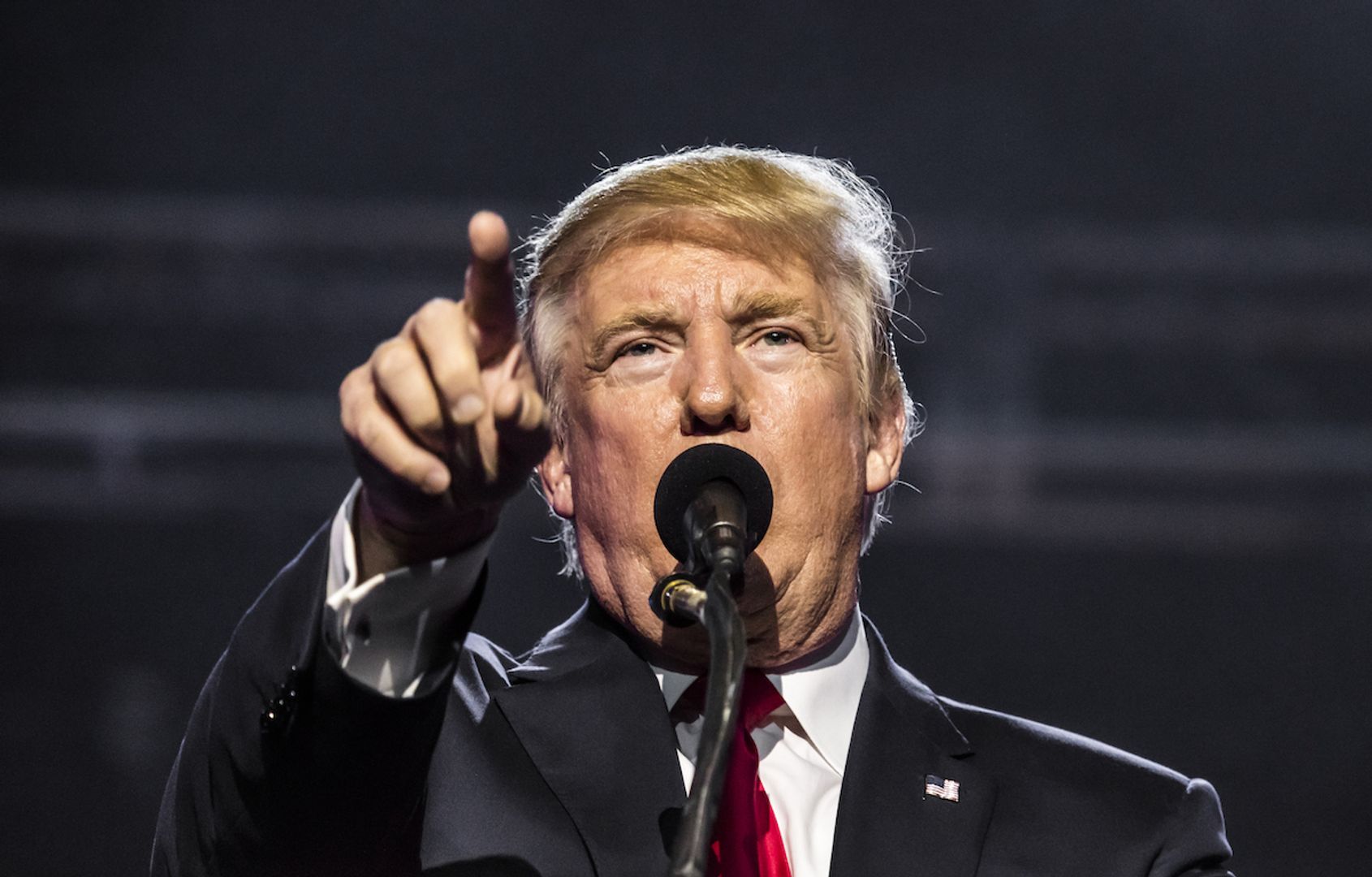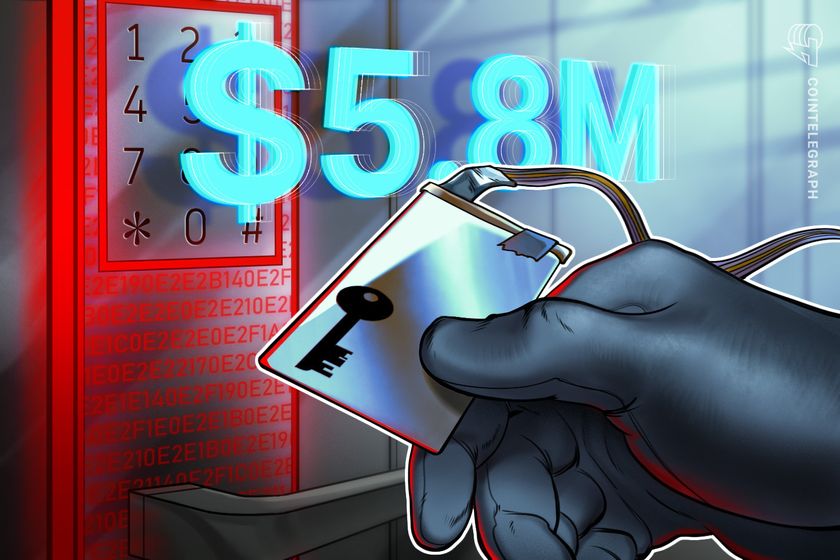The China trade war will pummel America’s small businesses, Apollo economist says
Shipping between the world’s two largest economies has nosedived since mid-April.

- As trade between the U.S. and China collapses, small businesses will be hit hard, according to Torsten Sløk, chief economist at private equity giant Apollo. Many independent toy, hardware, and clothing stores rely on cheap imports, and firms with 500 employees or less account for nearly half of America’s private workforce.
Trade between the U.S. and China is falling off a cliff. Vacant shipping containers will soon mean empty shelves—and perhaps the dreaded combo of higher prices and unemployment. President Donald Trump is touting talks of a trade deal between the world’s two biggest economies, but Beijing denies any negotiations have taken place.
Container shipping from China spiked in late March and early April as firms presumably tried to front-run tariffs, said Torsten Sløk, chief economist at private equity giant Apollo. However, it went into free fall soon after April 9, when the full slate of Trump’s taxes on Chinese imports went into effect. It takes about 20-to-30 days for Chinese cargo ships to reach U.S. ports, Sløk said, and another one-to-10 days for those goods to reach stores and factories across the country.

“It’s probably sometime by the middle of May that we should begin to see more significant impacts of this in the form of empty shelves in stores with goods that are no longer arriving,” he told Fortune, “because [of trade] collapsing the way it is.”
The U.S. tariff on most Chinese goods, barring a significant carve-out for many electronics, sits at 145%. China has retaliated with a 125% tax on most U.S. imports but also rolled out exceptions for semiconductors and other sectors, like aviation, early Friday.
China is America’s third-largest trading partner, accounting for nearly $440 billion worth of U.S. imports in 2024, according to the United States Trade Representative. Meanwhile, shipping costs have roughly been cut in half since early January, per the Freightos Baltic Index, which tracks the spot rates for standard 40-foot containers across major international trade lanes.
In other words, reduced demand is already hitting the industry’s revenues.
Significant layoffs in trucking and logistics could further drag down the economy, Sløk said in a note Friday morning.
“In addition, we will soon begin to see higher inflation because there are a significant number of product categories where China is the main provider of certain goods into the U.S. market,” he wrote.
That’s especially devastating for small businesses like independent toy, hardware, and clothing stores, he added. Most smaller firms rely on importing cheap goods to stay afloat, he explained, and do not have the working capital, or liquidity, that bigger businesses can leverage to weather the storm.
“Large businesses have flexible balance sheets,” Sløk said. “They are more nimble. They have several product lines and are, therefore, able to easier adjust relative to a small business.”
Mom-and-pop shops loom almost just as large, however, when it comes to the health of the broader economy. Small businesses employed about 62 million Americans in 2023, or more than 46% of the private-sector workforce, according to the U.S. Small Business Administration. These companies, which have 500 employees or less on the payroll, also accounted for nearly two-thirds of net job growth from 1995 to 2021, per the agency.
Firms of all sizes, meanwhile, must deal with added uncertainty caused by the opposing messaging coming from Washington and Beijing. Trump and Treasury Secretary Scott Bessent have signaled tariffs will come down when a new trade agreement is reached. The president has insisted such talks are taking place, but China has denied those claims, saying it will not come to the table unless the U.S. walks back its “unilateral” measures.
The anxiety is apparent, Sløk said, in recent surveys from regional Federal Reserve banks, some of which showed big declines in new orders and plans for capital expenditures at a standstill. Companies like Southwest, Chipotle, and PepsiCo, he added, have warned on their most recent earnings calls that nervous consumers are starting to cut back.
In short, he’s worried things could get worse.
This story was originally featured on Fortune.com



![How AI Use Is Evolving Over Time [Infographic]](https://imgproxy.divecdn.com/YImJiiJ6E8mfDrbZ78ZFcZc03278v7-glxmQt_hx4hI/g:ce/rs:fit:770:435/Z3M6Ly9kaXZlc2l0ZS1zdG9yYWdlL2RpdmVpbWFnZS9ob3dfcGVvcGxlX3VzZV9BSV8xLnBuZw==.webp)


























